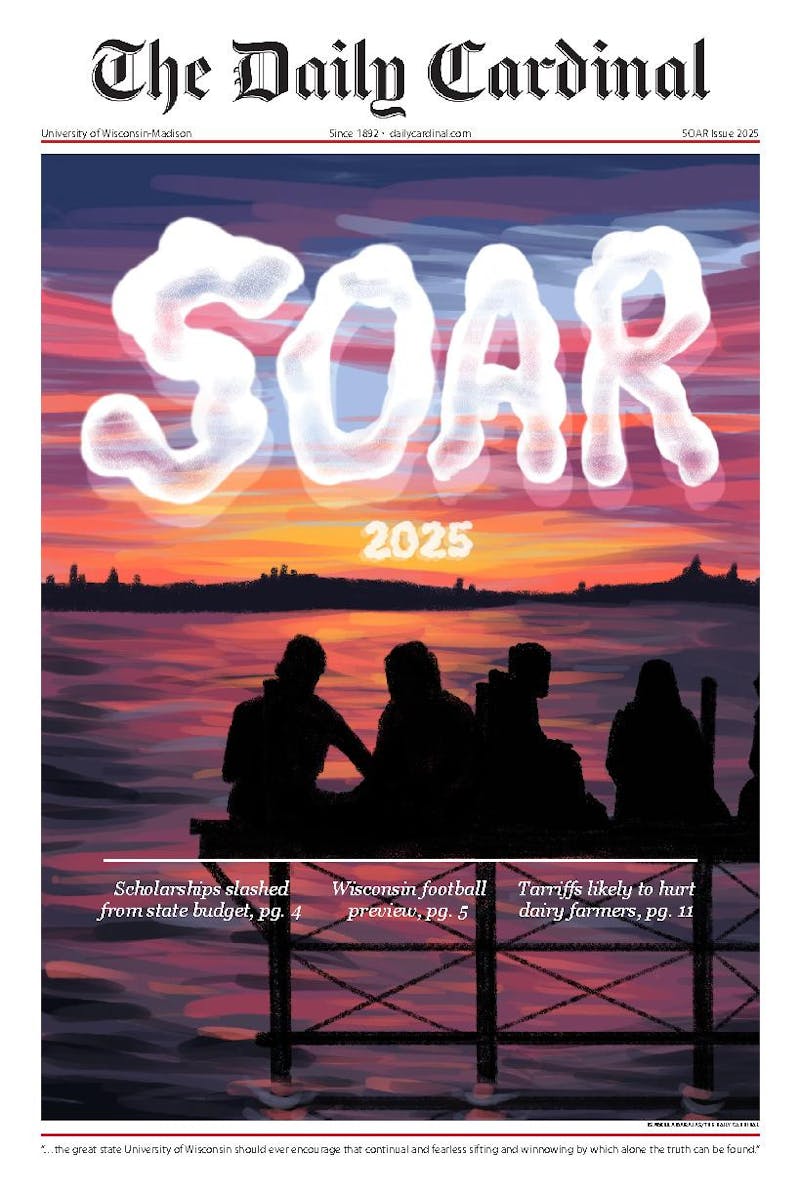Most of the time people are only exposed to the most high profile student produced video games. “Portal” started out as a tiny project called “Narbacular Drop,” created by several college students out in Washington. Valve Software scooped them up and it went on to become one of last generation’s breakout success stories. Carnegie Mellon’s perspective-bending tech demo the other week is another example of a student designed game well deserving of all the publicity it’s received.
People often think of video games as a static industry stuck in endless sequels, generally perpetuated by high stakes investment implicit in creating colossus scale hits. That perception isn’t totally off base.
The caveat here is student created games are where people tired of this narrative should be looking. Innovation taking place in the indie space has already become a cliche at this point—merely four to five years after the indie movement really picked up steam in the mainstream market. Student-created games are an opportunity for future developers to dabble in a risk-free environment that could produce sterling products.
Student entrants have been allowed into the Independent Games Festival for over 10 years now. E3 has an annual competition for student games. Indeed, one of the winners of last year’s collegiate game contest was “Flash Frozen,” a game developed by students at UW-Stout.
This past week, another student-inspired creation finally saw a wide release. “Octodad: Dadliest Catch” builds off of Young Horses’ initial prototype, which they released as students back in 2011. A game about taking control of a fumbling octopus masquerading as your stereotypical working father, the beauty of the game lies in its discombobulating control scheme.
You have to work each limb independently as you squirm across the room performing mundane tasks. It’s a supremely ingenious concept that grew out of the nugget this collection of students concocted while still in school. This success story is one of the reasons why student produced games should be taken more seriously.
Additionally, the amount of tools and resources available to interested students has never been greater. Unity is one of the more manageable game creation systems out there, although don’t tell my roommate, who basically cussed it out all last weekend during the Global Game Jam.
These sentiments are easily applicable for indie developers as well, but when you consider student projects, one of the best parts is that their prototypes are often available for free. It’s a time for exposure, not necessarily lucrative gain. There’s an innocence and purity that goes into a product when it’s not necessarily completely entangled with your life savings.
Oftentimes this mindset results in obtuse projects, which couldn’t be created under the scrutiny of commercial development. There’s a basic sense of enjoyment you can feel in these games, a sentiment fueled by the fact they haven’t been crushed under the often laborious task of AAA development for years.
Additionally, the glut of game jams that are spread out throughout the year give student developers a chance to come up with novel ideas, which could later be expanded into commercial product. The key is discovering an inventive, addictive component and building off of that component. Creativity bred in an educational environment can be a key part of that.
For all the good that can come out of student developers working in a relative vacuum, it doesn’t mean they shouldn’t be open to taking advice from professional developers already in the industry. This Saturday there will be the first of what will hopefully become a monthly meeting of indie developers from across Madison and the surrounding area.
Organized by Aaron San Filippo, developer of “Race the Sun,” the event takes place from 2 p.m. to 5 p.m. at the Games Learning Society. The event is supposed to be a relative discussion of indie games and the diverse approaches these creators take when approaching the medium.
The future of student games will hopefully result in more successful projects like “Octodad.” For anyone interested in just dabbling in whatever weird idea crossed your mind over breakfast, just go ahead. You never know what sort of disastrously ridiculous idea could become the newest trend in an industry predicated on whatever new mechanic seems successful at the time.
Think Adam’s nothing but a booster? Email at arparis@wisc.edu






